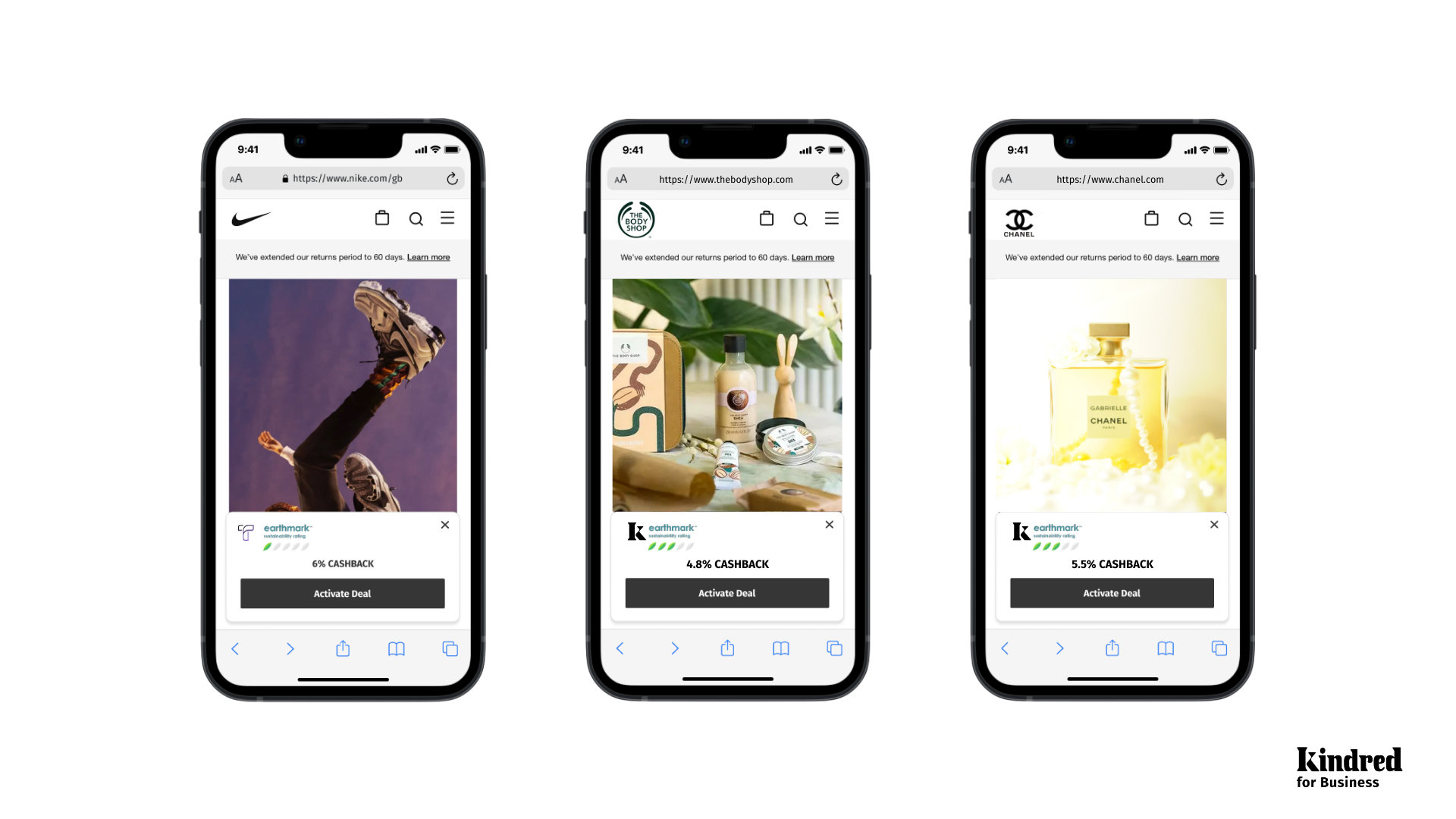What’s good for the planet can also be very good for business…
Google’s former motto of “Don’t be evil” is now the guiding principle of most tech companies – in theory, at least. You’ll struggle to find a tech CEO who doesn’t claim that they’re not only making money, they’re also making the world a better place into the bargain. In some cases, that’s true. In others, it’s a case of believing your own bumf. But today’s consumers are more clued-up than ever, and can see when a company is just talking the talk and when it’s actually walking the walk.
So how do you make sure yours is the latter? That you can show you’re not putting profits before people and the planet? And – crucially – how do you create a business model with sustainability at its core without hurting your bottom line? Read on, and you’ll be walking the walk before you know it…
Sustainability from the ground up
Sustainability is more important than ever, not only for the good of the planet, but as a principle for businesses too. The thinking has shifted of late – once a nice to have, it’s now recognised as the core of any responsible business, the foundation which informs and drives everything that business does, from expanding into new markets to providing sustenance and amenities to its employees.
Younger people have been quick to realise this, both as consumers and as employees themselves. According to one study, the vast majority of Generation Z (those born since 1997) prefer to buy sustainable brands, and are more likely to pay more for sustainable products. Along with millennials, they are most likely to make purchasing decisions based on values and principles rather than just price and value for money.
This matters. The younger consumers of today are the big spenders of tomorrow, and are even more valuable to businesses than their older, higher-spending equivalents because of their greater lifetime value.
In other words, secure their loyal custom at a young age, and you’ll have a customer for life.
Building trust
Key to this is earning the trust not only of your customers, but of your employees too. According to a recent study, just under half (49 per cent) of employees believe senior leaders practice what they preach when it comes to sustainability. That’s because nearly two thirds (58 per cent) of executives believe that building a more sustainable business means compromising on growth. Rather, the reverse is true, as long as both the bosses and the workers are on the same page: stronger consensus on sustainability performance is associated with better financial performance. The study shows that companies with strong executive-employee alignment on sustainability financially outperform those without by 13 per cent.
The message is clear: convince your workers that you’re a sustainable brand, and they’ll help convince your customers.
Communication is key
One way to do this is to be clear about your sustainability targets and how you’re going about achieving them. It might sound obvious, but you would be surprised how many companies fall at this first hurdle: the recent report Corporate Climate Responsibility Monitor 2022 showed that many big tech firms’ climate goals lack a high degree of transparency and integrity.
You should also look to reduce some of the friction traditionally associated with building a sustainable business. Kindred’s SDK can reward your customers for shopping as they normally do through their mobile device – once they have installed the software and opted in, their shopping experience will be the same, but provide them with more value in the form of savings and coupons.
Each of their online purchases results in a carbon offsetting donation, and customers can choose to use their credit towards their next purchase, or donate it to charity. It makes giving back the default way of working – the modus operandi – rather than an optional extra. The participating business also gets a cut of the commission on each sale, providing an extra income stream without any extra effort. This form of passive revenue proves that being climate positive can pay dividends.
By being clear about your climate goals and making sustainability the driving force behind your business, you’ll bring your customers and employees with you as you genuinely do your bit to solve the climate emergency, and without a huge investment in terms of time or money. If that’s not the opposite of being evil, we don’t know what is.
Learn more about how Kindred can help you achieve your ESG targets here.





